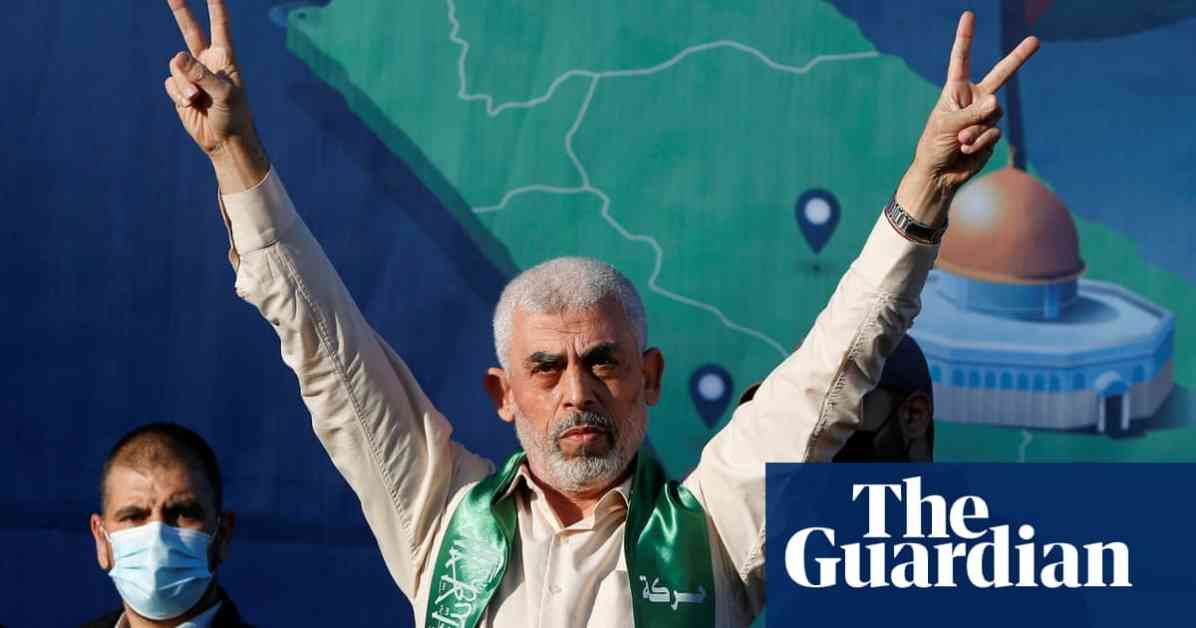Israel’s recent accidental strike on top Hamas leader Yahya Sinwar has raised questions about the precision of targeting in military operations. The incident, which resulted in Sinwar’s death, highlights the complexities and risks involved in targeted killings in conflict zones.
Initially, Israeli forces were not on an assassination mission when they encountered Sinwar. The lack of prior intelligence about his presence in the area led to the accidental nature of the strike. Sinwar, who was a key figure in Hamas and a target of Israel’s security forces, was killed by regular soldiers who were unaware of his identity until after the fact.
The extensive manhunt for Sinwar involved a combination of advanced technology, intelligence officers, special operation units, and surveillance experts. Despite the resources dedicated to tracking him down, Sinwar managed to evade capture for over a year, showcasing the challenges of locating high-profile targets in complex environments like Gaza.
The use of force in targeting Sinwar also resulted in significant civilian casualties and destruction in Gaza. The humanitarian impact of the operations raises ethical questions about the methods used in pursuing individuals like Sinwar. The risks of collateral damage and unintended consequences underscore the need for careful consideration in military operations.
Sinwar’s death does not guarantee an end to the conflict or the activities of Hamas. The ideological nature of the organization and the broader dynamics of the Israeli-Palestinian conflict mean that the removal of a single leader is unlikely to bring about lasting peace or resolution. The history of targeted killings in the region suggests that while they may eliminate specific threats, they do not address the underlying issues driving the conflict.
Moving forward, the incident involving Sinwar prompts a reevaluation of targeting strategies and the implications of using lethal force in pursuit of high-value targets. The ethical and strategic considerations involved in such operations require a nuanced approach that balances security objectives with humanitarian concerns.
As Israel grapples with the aftermath of the accidental strike on Sinwar, the incident serves as a reminder of the complexities and challenges of modern warfare. The pursuit of individuals like Sinwar underscores the high stakes involved in conflict zones and the need for careful planning and oversight in military operations. Ultimately, the quest for security and stability in the region requires a comprehensive and multifaceted approach that goes beyond targeted killings to address the root causes of the conflict.












